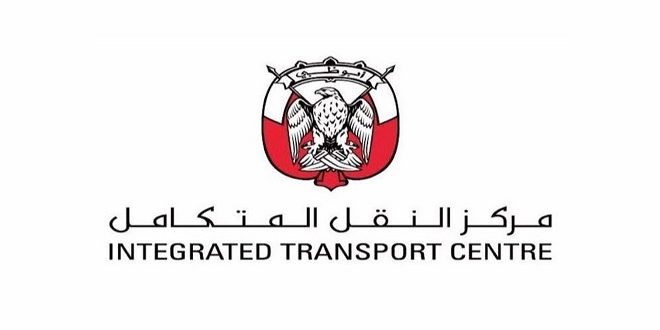The Integrated Transport Centre (ITC) of the Department of Municipalities and Transport (DMT) in Abu Dhabi has revealed, at the Abu Dhabi Smart City Summit, the self-driving vehicle and launch date of the first pilot phase of “TXAI”, which is a new service that utilises self-driving taxis to transport passengers on Yas Island in Abu Dhabi.
The launch of the service was in collaboration with Bayanat for Mapping and Surveying Services, a subsidiary of Group 42, and a pioneering firm in artificial intelligence and cloud computing, and based on a cooperation agreement previously signed between them.
This service is also conducted in coordination with Miral, within the strategic partnership framework between Miral and the ITC, which aims at improving the quality of transport services available to the residents and visitors of Yas Island.
The first phase consists of five smart vehicles that provide transport services of passengers within a network of routes linking hotels, restaurants, shopping malls, offices and public facilities on Yas Island.
The service would be accessible from 8:00 am to 8:00 pm, through the “TXAI” app which will be available in all app stores.
The service aids in facilitating movement and ensures a smooth traffic flow which reinforces Miral’s vision of enhancing Yas Island’s position as a global destination for entertainment, recreation and business.
Falah Al Ahbabi, Chairman of DMT, said, “This project is one of the bold regional steps in employing accurate data-driven artificial intelligence techniques within the transport network, which is part of DMT and the Integrated Transport Centre’s efforts to provide innovative services that contribute to enhancing the quality of life in the Emirate of Abu Dhabi and strengthen its position globally as one of the best destinations to live, work and invest, by employing all smart and modern technologies in all vital sectors serving the community. “
He added, “DMT is continuously working with its partners in Bayanat and Miral to test the safety of the vehicles, in addition to overseeing the operations to ensure that a state-of-the-art service is provided safely and distinctively, and to ensure compliance with the UAE traffic laws and regulations.”
The service at this point has been classified as Level 4 Autonomous Driving, whereby the vehicle can perform all driving tasks under almost all conditions without any human intervention. Although the vehicles will be self-driving, a safety officer will occupy the driving seat during the first and second operational phases, to intervene in the event of any sudden occurrence. That is to ensure that the highest standards of security and safety are implemented.
The operated vehicles are characterised by high standards of safety and security, which include cameras and sensors that forecast the conditions of the road and maintain the vehicle’s connection with its external surroundings to avoid collision with any object.
Self-driving vehicles are vehicles that can sense the surrounding environment and navigate without human intervention since they rely on mapping algorithms and data obtained from multiple sensors installed into them to determine the route of the road. The model sensors include radar-like technical systems and a stereoscopic vision system, GPS, Optical Object Recognition and Real-time Positioning Systems.
 UAE BARQ برق الإمارات – نبضك
UAE BARQ برق الإمارات – نبضك


